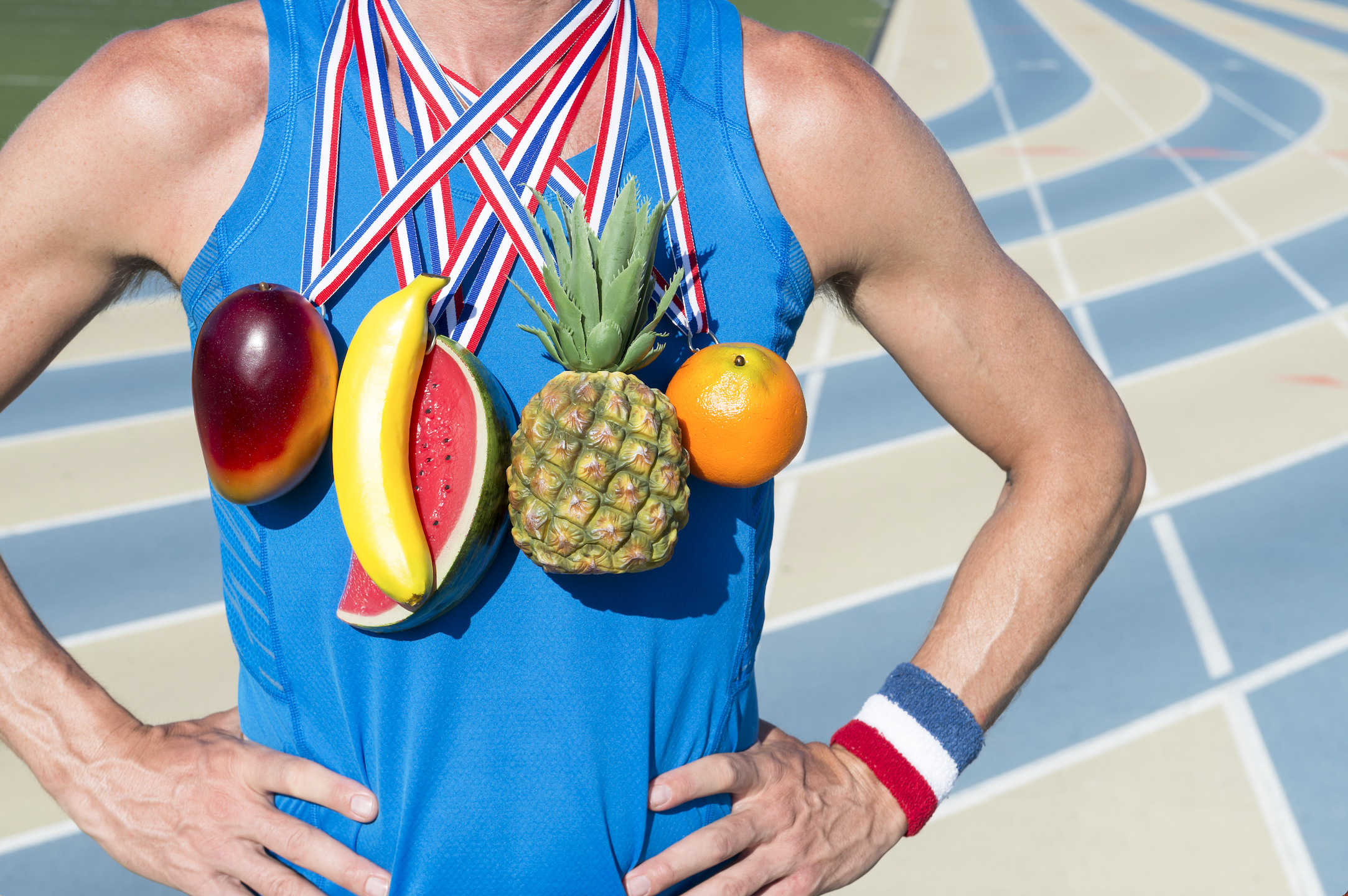Cultural and environmental associations with body image, diet and well-being in NCAA DI female distance runners: A qualitative analysis
In this qualitative research study by Carson et al. (2021), the authors compared body image perception, eating disorders, and the impact of emerging coach-athlete power dynamics in a sample of past and current National Collegiate Athletic Association (NCAA) Division One (DI) female distance runners. Study participants (current and past NCAA D1 female distance runners competing at 800 meters or greater, n = 29) were interviewed and their responses were recorded, revealing two main themes. Firstly, there was a widespread perception of what constitutes an ideal body image, in addition to myths related to physique, and secondly, that a coach-athlete power dynamic did exist. The interplay between these two themes remains unclear, however, the authors speculate that they influence each other and play a role in cementing the currently adopted perceptions by athletes and coaches. The authors conclude that the coach-athlete power dynamic may contribute to eating disorders and negative body image perception in female athletes, raising the need for NCAA and athletic departments to fashion effective interventions to combat these phenomena in the vulnerable female athlete population. [NPID: Eating disorder, female athlete triad, qualitative, running, women in sport]
Year: 2021

 Navigation
Navigation






